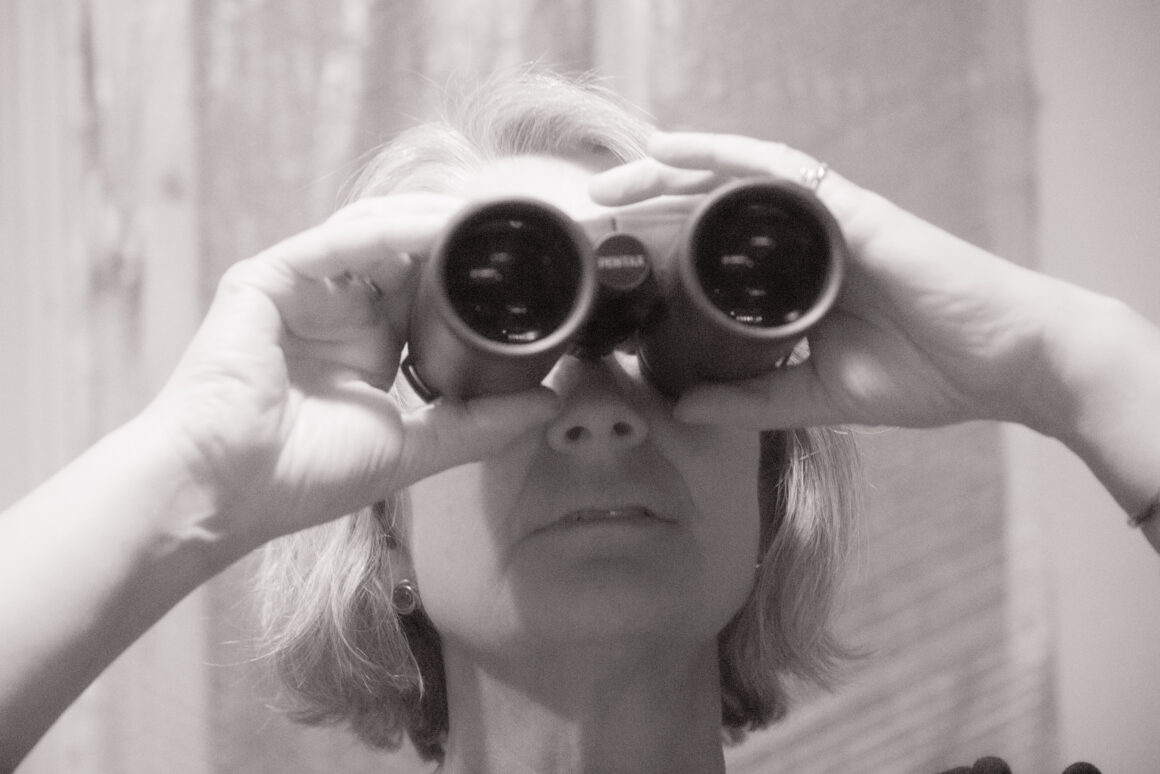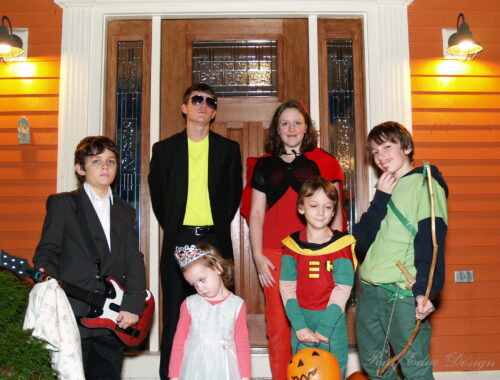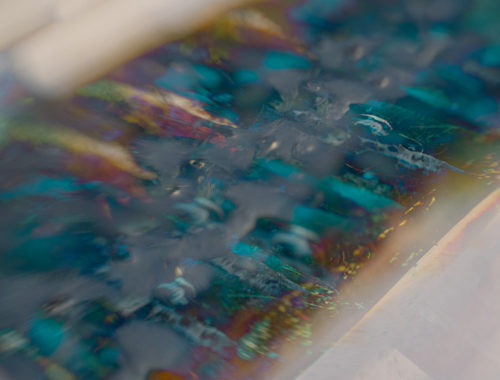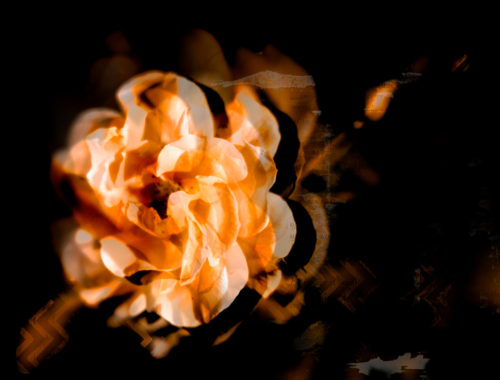
Know Thyself
Thoughts of this languishing writing platform have been gnawing at me for weeks. I keep telling myself that I should post something new, but I always get stopped by those demons of doubt telling me I’m not good enough.
That changed this morning, and I found strength from chapter 17 in Stephanie Foo’s What My Bones Know. As I sat quietly wiping away tears and processing her experience of finally feeling the pain of her childhood (not just remembering it intellectually), I discovered that I had what I needed to start writing again. (Tomorrow morning, in my daily letter to God, I’ll have to thank Him for my love of books. They have saved me so often, in so many ways.)
Specifically, it was this paragraph that got the wheels turning again:
There is a difference between knowing and understanding. I had known that this wasn’t my fault. EMDR [a therapeutic modality] unlocked the gate to the next realm, toward understanding. The difference is one between rote memorization and true learning. Between hypothesis and belief. Between prayer and faith. It seems obvious now—how can there be love without faith?
The first lesson in The Baltimore Catechism (which I used with some of my kids in the early years of homeschooling) teaches that you can’t love God if you don’t know Him. This is true. You can’t love anyone if you don’t know them.
So how many people do you truly know? How many people do you understand? What about yourself: do you know and understand that person?
Knowing someone requires, first and foremost, letting them be themselves. That means no judgment about who they are. After all, you cannot love while you are judging. If you’ve imposed restrictions, parameters, metrics to be met, you are not offering love; you are proposing a transaction.
“No,” you might be thinking, “there are people in my life who are simply wrong. They keep making bad choices. They keep hurting themselves and others. Loving them means trying to help them.”
Yes and no. The world is filled with tragic lives. But the tragedy begins when we become alienated from ourselves because the people who are supposed to love us and want the best for us make their love contingent upon something: behaving, getting good grades, having a “normal” hairstyle, dressing tastefully, being the “correct” weight, going to college, having a good job, living in the right neighborhood, not embarrassing others by being emotionally uninhibited, holding the right opinion, not challenging authority, practicing the ‘true” religion.
Another thing: believing that your love could never be conditional does not make it true, and it certainly doesn’t mean that you’ve communicated a feeling of unequivocal love to others. If language were an exact science, there’d never be any misunderstanding. Further, we unconsciously convey and absorb more than words. There are also gestures, facial expressions, tones of voice, expectations, and unspoken thoughts, to say nothing of the unconscious stuff we are afraid to face.
Oh, and then there’s this: You can’t love someone else if you don’t love yourself, and you can’t love yourself if you don’t know yourself—your real self, not the person you’ve become to please someone else.
So, do you have it in you to love unconditionally?




